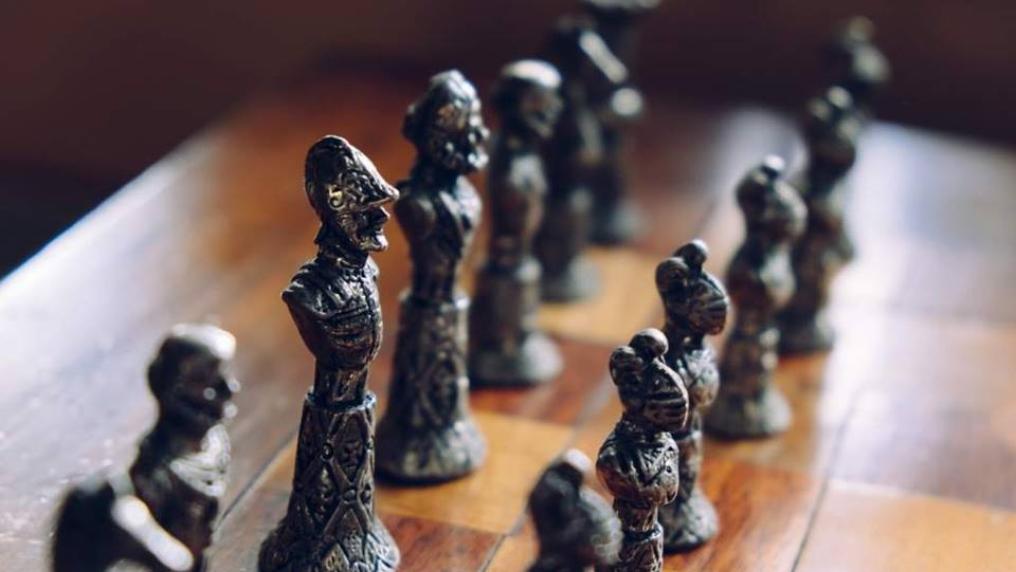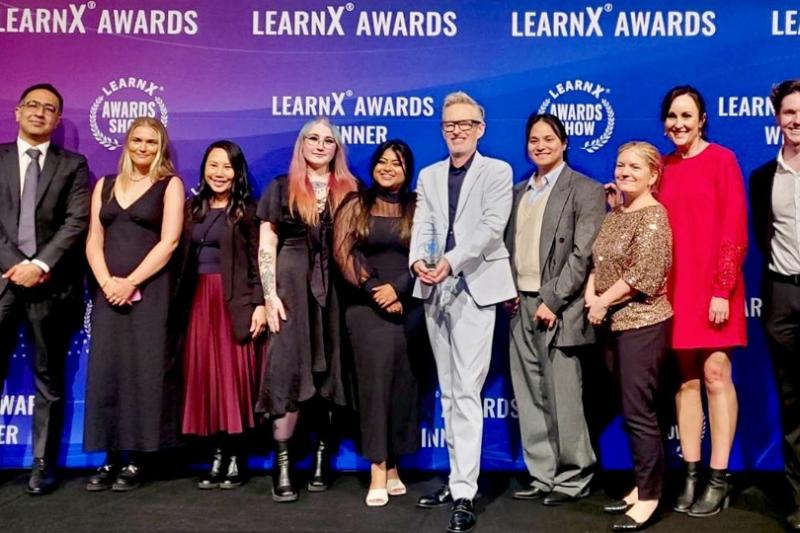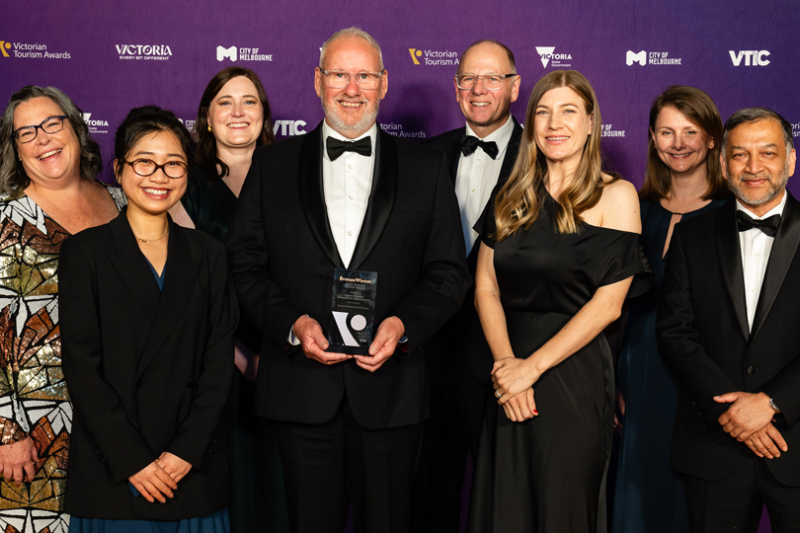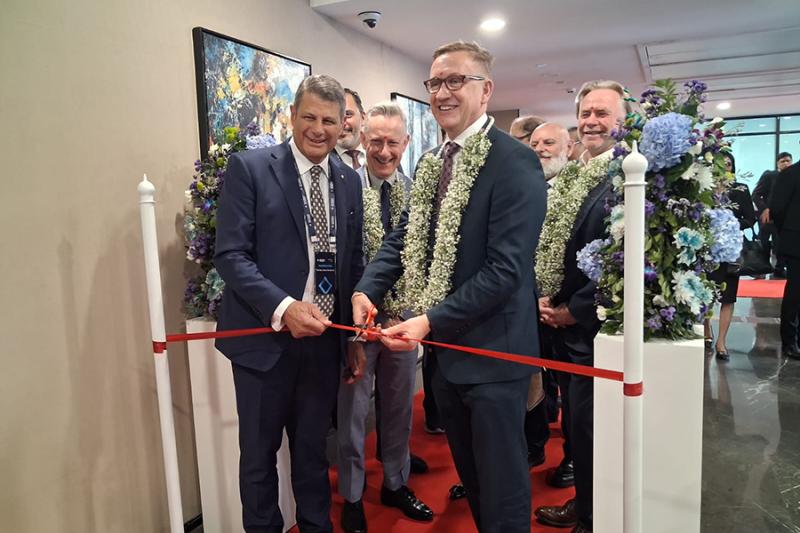Peace activist calls for diplomacy over North Korea

A long-time peace activist says diplomacy – rather than further sanctions or demonstrations of military power – is the best solution for averting a catastrophic war between the West and North Korea.
VU Emeritus Professor Michael Hamel-Green made the call for peace in his article Beyond sanctions: a diplomatic path to peace on the Korean Peninsula for The Conversation.
He recently helped establish the online Australian Living Peace Museum (ALPM) – Australia’s first peace museum – as a repository of images, videos, and documents of the inspiring stories of Australian individuals, groups, and organisations committed to peace and non-violent social change.
An alternative to economic sanctions
Professor Hamel-Green's article says the most recent UN Security Council resolution on North Korea suggests a diplomatic solution to the crisis, but this was little noticed in subsequent public debate.
Instead, discussion over North Korea has focused on continued enforcement of economic sanctions, despite their questionable impact on the increasingly self-reliant and isolated nation, he writes.
Professor Hamel-Green says Australia could play a constructive role in promoting and facilitating diplomatic action to deal with North Korea, rather than being “joined at the hip” in support of any US military solutions.
“With much attention focused on both sides’ military moves, and on the rigorous enforcement of economic sanctions against North Korea, there has been little focus on calls for a diplomatic solution,” he writes.
Peace activism in Australia
Professor Hamel-Green is a long-time peace activist and researcher. Imprisoned in the 1960s for protesting and refusing to be conscripted in the Vietnam War, he launched the ALPM in 2015 to counter the glorification of war, and highlight Australia’s peace efforts that include:
- World War One anti-conscription movements
- anti-nuclear testing protests in the South Pacific
- peace-keeping missions in Timor Leste.
He is currently a Co-Chair of the Panel on Peace and Security in Northeast Asia convened by Nagasaki University's Research Centre for Nuclear Weapons Abolition (RECNA).



